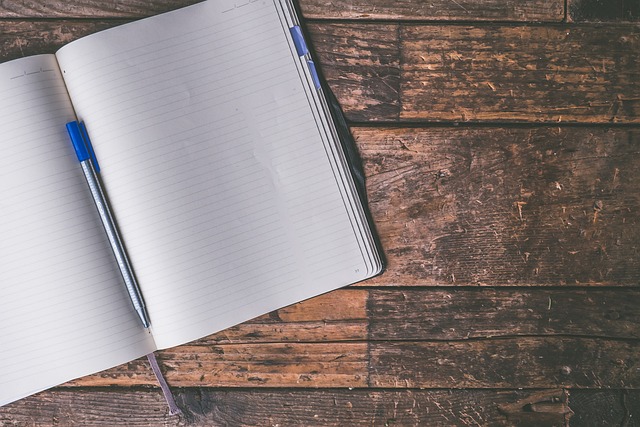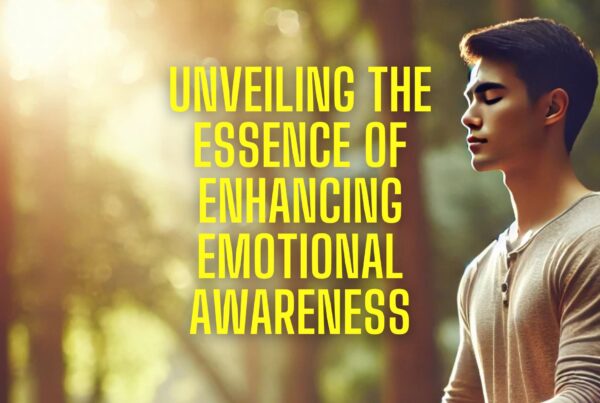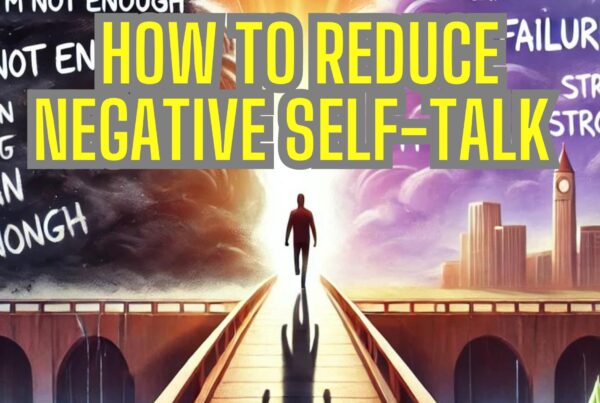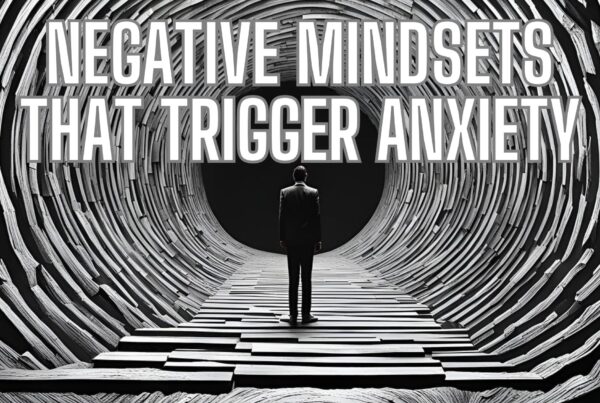Overcoming Anxiety with Journaling: A Healing Guide
Anxiety, a challenge many grapple with, often feels overwhelming. However, there’s a simple and therapeutic tool that can make a world of difference: journaling. This guide is dedicated to showcasing how journaling can be a formidable ally against anxiety. From uncovering the intricacies of anxious feelings to providing a step-by-step approach to the practice of writing, our journey here is all about healing, self-exploration, and the profound impact of words on our well-being. Let’s get down to exploring how overcoming anxiety with journaling can be a possibility for you.
Understanding Anxiety
Anxiety, as many of us are familiar with, manifests as a whirlwind of emotions. At its simplest definition, anxiety is the body’s reaction to stress. Think of it as an alarm system. When faced with a challenge, our body releases stress hormones. These hormones prepare us to either face the challenge or flee from it – a reaction often termed as the ‘fight or flight’ response. While beneficial in genuinely threatening situations, persistent anxiety over everyday events is problematic.
But what causes these feelings to persist? Anxiety is like a jigsaw puzzle. Various pieces, from genetics to life experiences, combine to form the complete picture. Our environments play a role too. For instance, a high-stress job or traumatic events can contribute to heightened anxiety. Similarly, if family members have anxiety disorders, one might be more susceptible. It’s crucial to remember, however, that while external factors play a role, it’s the internal processing of these situations that leads to anxiety.
The Power of Journaling
There’s an age-old saying: “The pen is mightier than the sword.” But have we ever paused to think about its therapeutic power? Journaling, in many ways, is a conversation with oneself. It’s a rendezvous between the conscious and the subconscious. This bridge between our internal worlds is where healing begins.
Journaling, at its core, is cathartic. Imagine holding a cup, steadily being filled with water (our daily stresses). If left unchecked, the water overflows, much like our emotions. Journaling is like pouring out some of that water. It’s a release. Moreover, as one writes, there’s a tangible record of emotions and experiences. Over time, these records provide a clearer picture of our emotional landscape, making it easier to navigate.
How Journaling Helps With Anxiety
Journaling is much like having a dedicated friend who’s always ready to listen. The beauty? This friend doesn’t interrupt, judge, or dismiss.
1. Reflection
Reflecting upon written words brings about a unique clarity. It’s akin to holding up a mirror to one’s emotions. Over time, certain events or people that might be causing undue stress become apparent. Recognizing these triggers is the first step toward managing them.
2. Expression
Everyone needs an outlet. For some, it’s talking, for others, it’s music, art, or exercise. Journaling offers an unfiltered space for raw emotion. When the weight of anxiety feels too much, journaling serves as a pressure valve, releasing pent-up feelings.
On the topic of triggers, they’re not always negative. Some journal entries might highlight moments of happiness and contentment, overlooked in the rush of daily life. By focusing on these positive triggers, one can gradually rewire the brain to find joy in the little things.
Let’s Get Journaling: A Step-by-Step Guide
Starting a journal might seem daunting, but like any other habit, it gets easier with time and consistency.
1. Choose Your Journal
Select something that resonates with you. Some prefer digital methods, while others lean towards traditional pen and paper. Remember, it’s the process of writing that’s therapeutic, not necessarily the medium.
2. Dedicate a Time
While some find solace in morning scribbles, others prefer nightly reflections. Discover what feels right. But having a dedicated time reinforces the habit.
3. Find a Quiet Spot
This is your sanctuary. It could be a corner of your room, a park, or a quiet café. The idea is to be away from distractions.
4. Start with Today
By focusing on the present, you ground yourself in the moment. It’s a practice that aligns beautifully with mindfulness.
5. Express Freely
This is your safe space. Spelling, grammar, coherence – they don’t matter here. It’s all about genuine expression.
6. Explore Prompts
If you find yourself at a loss, prompts can be guiding lights. Simple statements or questions can set the tone for deeper exploration.
7. Review Periodically
Revisiting old entries isn’t just about reminiscence. It’s about recognizing growth, understanding patterns, and celebrating small victories.
8. Keep It Private
The decision to share is personal. But having a space that’s purely yours can amplify the therapeutic experience.
The Science Behind Journaling’s Effectiveness
Journaling isn’t just a trend; it’s backed by scientific evidence. Over the years, researchers have delved into the tangible benefits of journaling, and their findings are compelling. Notably, many studies have highlighted its positive effects on mental health. For instance, a study conducted in 2006 by Stice, Burton, Bearman, & Rohde found that journaling could rival cognitive-behavioral therapy in reducing depression risk among young adults. This isn’t an isolated finding. Research shows journaling’s effectiveness in mitigating intrusive depressive thoughts, aiding college students prone to depression, and offering relief to those with Major Depressive Disorder.
Moreover, the physiological benefits of journaling are equally impressive. Journaling has been associated with improved immune system functionality, better lung and liver function, and reduced blood pressure. This isn’t magic—it’s science. As people journal, they create a “coherent narrative” of their lives. This process allows them to view experiences holistically, fostering a more positive outlook. This enhanced perspective has been linked to reduced susceptibility to mental health issues, which in turn can lead to improved physical health.
Adding Mindfulness to the Mix
Marrying mindfulness with journaling amplifies its therapeutic potential. Mindfulness is the art of being present. It’s about embracing the moment, with all its imperfections. When combined with journaling, it anchors the writer in the ‘now.’
By incorporating mindful breathing or a brief meditation before writing, one sets the stage for an introspective session. The sensations of the pen gliding on paper, the ambient sounds, even the rhythm of your breathing – all contribute to a richer journaling experience.
Furthermore, mindfulness promotes non-judgmental awareness. It encourages acceptance, making it easier to write openly and honestly.
Embracing Journaling as a Practice
In the vast realm of therapeutic practices, journaling emerges as a gentle yet powerful tool. With each word written, a layer of anxiety is peeled away, revealing the core of our authentic selves. It’s not about perfection; it’s about progress and self-understanding. Embrace the journey of journaling and discover the serenity hidden within its pages.
Release Hypnosis Melbourne Hypnotherapy
Since 2016, Lawrence Akers has been working under the name Release Hypnosis offering Hypnotherapy and ACT based work to the people of Melbourne or an online service. Based on St Kilda Rd, Release Hypnosis is an easy and convenient location to get to and accessible by the ANZAC station train and tram stop. Release Hypnosis can help with a wide range of presenting issues, and I offer a free 30 minute no obligation discovery call for those who are unsure if hypnotherapy is the right way forward for them.
Book Your FREE 30 Minute Consultation With Release Hypnosis NOW!
You may also like to read:
Discovering Purpose and Values: A Path to Mental Well-being
Can’t Visualise in Hypnosis? Here’s What You Can Do Instead.
Dealing with Financial Stress and Crisis: Finding Peace Amid Turbulence
What Is The Success Rate of Hypnosis?
Release Hypnosis Melbourne Hypnotherapy is accessible for people in: Abbotsford, Armadale, Albert Park, Balwyn, Bentleigh, Black Rock, Box Hill, Brighton, Brunswick, Bulleen, Bundoora, Camberwell, Canterbury, Carnegie, Caulfield, Chadstone, Cheltenham, Clayton, Coburg, Collingwood, Deer Park, Doncaster, Elsternwick, Eltham, Elwood, Epping, Essendon, Fairfield, Fitzroy, Footscray, Glen Iris, Glen Waverley, Glenhuntly, Greensborough, Hampton, Hawthorn, Heidelberg, Highet, Ivanhoe, Kew, Kooyong, Lalor, Laverton, Lower, Plenty, Macleod, Malvern, Middle Park, Moonee Ponds, Melbourne, Moorabbin, Mount Waverley, Murrumbeena, Northcote, Oakleigh, Ormond, Parkville, Pascoe Vale, Port Melbourne, Prahran, Preston, Richmond, Rosana, Sandringham, South Yarra, South Melbourne, Spotswood, St Albans, St Kilda, Surrey Hills, Templestowe, Thornbury, Toorak, Tullamarine, Williamstown, Yarraville, North Melbourne, Windsor, East Melbourne, Melbourne, Melbourne CBD, Melbourne 3004








